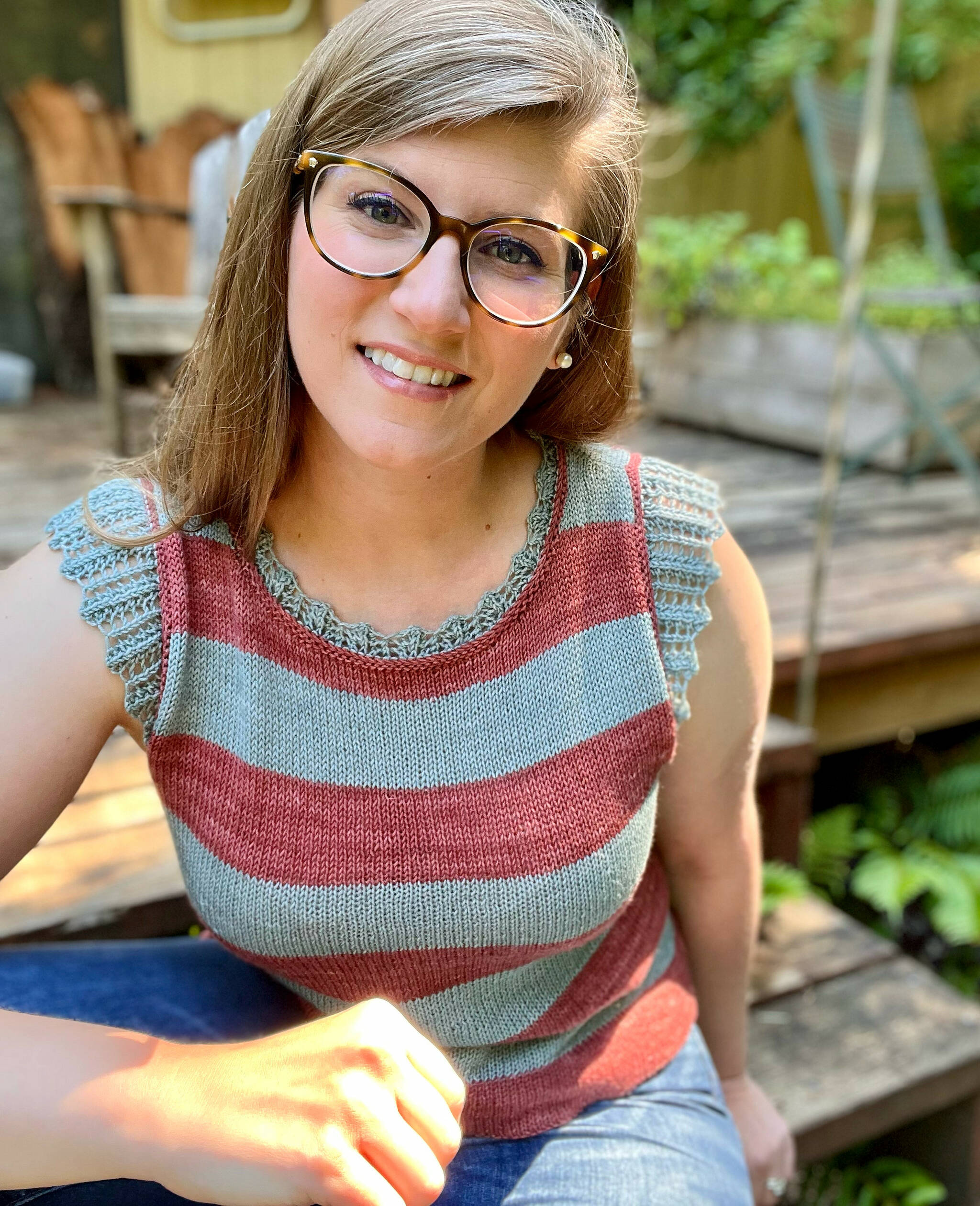A Coupeville teacher was recently selected for a prestigious Holocaust education fellowship for her commitment to teaching the subject with care and intention.
Casie Greve joined 21 other teachers from 10 states who were selected as Alfred Lerner Fellows at a five-day intensive seminar on teaching the Holocaust put on by the Jewish Foundation for the Righteous at the end of June.
Greve has taught a unit on the Holocaust in her eighth grade English Language Arts class every year since she began teaching at Coupeville School District seven years ago. After her first year teaching the unit from a textbook fell flat, she said, she sought help from the Holocaust Center for Humanity in Seattle.
“I really wanted to teach it according to best practices, and to really honor the subject,” she said. “I didn’t want to accidentally do a disservice to the subject.”
The center helped connect her with Holocaust survivors and survivors’ descendants who visited her class as guest speakers, funded transportation scholarships for a field trip and provided books to her students during the pandemic. Two years ago, Greve joined the center’s Educators for Change group, which meets monthly to discuss Holocaust education strategies and materials.
Because of the dedication and intentionality with which Greve approached the subject, the center selected her to be one of two Washington state educators to attend the foundation’s Alfred Lerner Summer Institute in New Jersey. The other Washington teacher selected was Jessica van Son from Cascade Middle School in Longview.
The institute took place June 25-29. Over those five days, the 22 fellows heard lectures from world renowned historians, legal scholars and other experts. Each lecture was followed by a question and answer session and small group discussions in which teachers could reflect on what was said and discuss how to implement it in their classrooms.
“This was really intentionally structured for teachers and museum educators to actually do something important with what they’re learning,” Greve said.
Greve had several primary takeaways from the week that she believes will improve her teaching of the subject. University of Toronto Professor Doris Bergen talked about prioritizing the Jewish perspective first when teaching about the Holocaust and anti-Semitism by integrating primary sources such as diary entries, segments of memiors and survivor testimonies into the curriculum.
Stanlee Stahl, executive vice president of the Jewish Foundation for the Righteous, spoke on the need to “get beneath the halo” of Holocaust rescuers. People who stepped up to help evacuate or hide their Jewish neighbors were not saints, she taught — they were just regular people who chose to do the right thing.
“There was nothing intrinsically different or superior about these rescuers,” Greve said. “They just saw an injustice, they assessed the risk, and they showed the moral courage to do something about it.”
Teaching about rescuers in this way matters, Greve said, because it demonstrates to students that they don’t have to achieve some imagined level of extraordinariness before acting for the good of others.
It is also important to teach why some actors failed to offer critical aid, Greve said. She learned during the institute about the Wagner-Rogers Bill, a proposed act in the U.S. that would have rescued 20,000 Jewish children over two years but “died in committee without a vote because of xenophobic public opinion and politics,” she said.
Despite the time and distance that separates modern day Whidbey Island from the Holocaust, these lessons remain relevant, she said.
“There is a rise in anti-Semitism and racial motivated violence right now in our society,” she said.“And so I want to be able to make those connections to how this prejudice still exists, and there’s still violent consequences to that prejudice.”
Her middle school students might not be able to fully understand what Holocaust victims went through, Greve said, but they can make connections to their own experiences of prejudice, bullying or scapegoating and, hopefully, apply those connections to choose to stand up for those being harmed.
“There’s kind of a mission to teaching it the right way, for me, and an urgency about it too,” she said.


